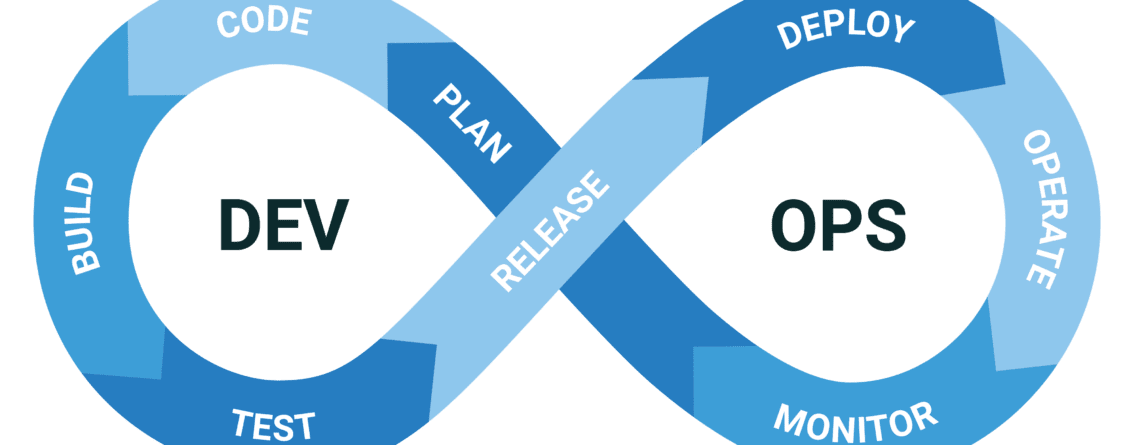DevOps: Streamlining Software Development
The collaboration between software development and IT operations has become critical to meet the demands of modern businesses. Enter DevOps, a set of practices that aim to streamline software development and operations, fostering seamless communication, efficient processes, and continuous delivery. For small businesses seeking agility and innovation, embracing DevOps can be a game-changer. In this article, we will explore how it can revolutionize software development and operations, empowering small businesses to thrive in the competitive landscape.
1. The Convergence of Development and Operations
DevOps is a culture and set of practices that bridge the gap between software development and IT operations. Traditionally, these two teams worked in silos, leading to communication gaps, delayed releases, and operational inefficiencies. DevOps aims to break down these barriers, promoting collaboration, automation, and a continuous feedback loop throughout the software development lifecycle.
2. The Key Benefits for Small Businesses
- Accelerated Time-to-Market: DevOps practices enable faster development and deployment cycles, reducing time-to-market for software products and updates. This agility allows small businesses in California to respond quickly to customer needs and market demands.
- Improved Collaboration: By fostering cross-functional collaboration between developers, operations, and other stakeholders, DevOps promotes better communication and a shared understanding of project goals. This alignment contributes to more successful outcomes and a stronger sense of teamwork.
- Enhanced Quality and Stability: Automated testing, continuous integration, and continuous delivery (CI/CD) pipelines in DevOps ensure software quality and stability. This results in fewer defects, reduced downtime, and an improved user experience for small business customers.
- Scalability and Flexibility: DevOps practices allow small businesses to scale their IT infrastructure as needed, whether for seasonal spikes, rapid growth, or adapting to changing market conditions. The flexibility provided by DevOps empowers businesses to stay agile and responsive.
3. Tools and Technologies
DevOps relies on a plethora of tools and technologies to support its practices. Some commonly used tools include:
- Version Control Systems (e.g., Git): Facilitating code collaboration and tracking changes across development teams.
- CI/CD Platforms (e.g., Jenkins, GitLab CI/CD): Automating the build, testing, and deployment processes, ensuring continuous delivery.
- Configuration Management Tools (e.g., Ansible, Chef, Puppet): Automating the management and configuration of IT infrastructure.
- Monitoring and Logging Solutions (e.g., Prometheus, ELK Stack): Providing real-time insights into application performance and system health.
4. Implementing in Small Businesses
For small businesses looking to adopt DevOps, a step-by-step approach is recommended:
- Start with a Cultural Shift: Foster a culture of collaboration, transparency, and continuous improvement within the organization.
- Identify Key Metrics: Define key performance indicators (KPIs) to measure the success of DevOps implementation, such as deployment frequency, lead time, and mean time to recover.
- Automate Wherever Possible: Implement automation in testing, deployment, and monitoring processes to reduce manual errors and enhance efficiency.
- Encourage Learning and Knowledge Sharing: Invest in continuous learning and training for teams to stay updated with the latest DevOps practices and tools.
DevOps is a transformative approach that empowers small businesses to streamline their software development and operations. By breaking down barriers between teams, promoting collaboration, and automating processes, it drives accelerated time-to-market, enhanced quality, and improved agility. Embracing DevOps can position small businesses for success in the competitive digital landscape, fostering innovation and enabling them to deliver exceptional products and services to their customers. With the right tools and a strong commitment to the DevOps culture, small businesses can pave the way for growth and success in the modern era of software development and operations.

Leave a Reply